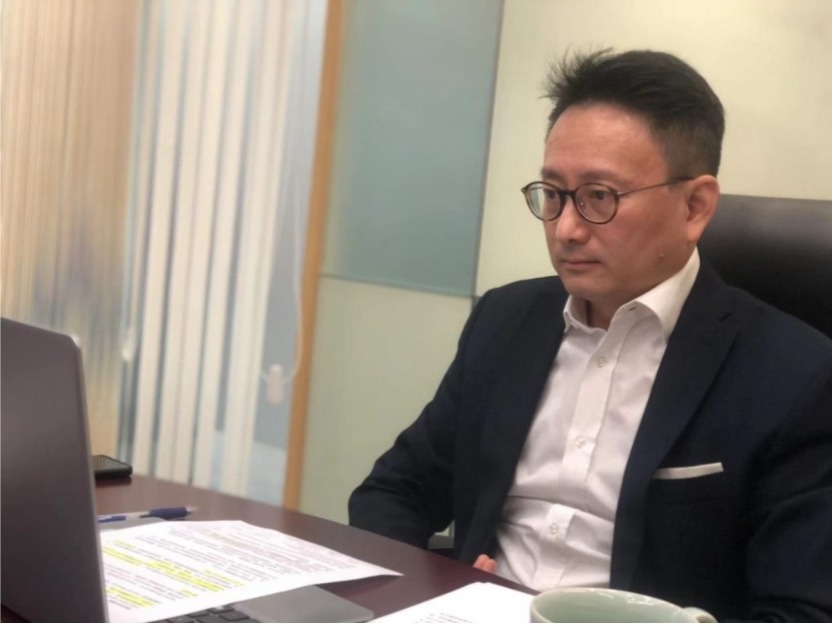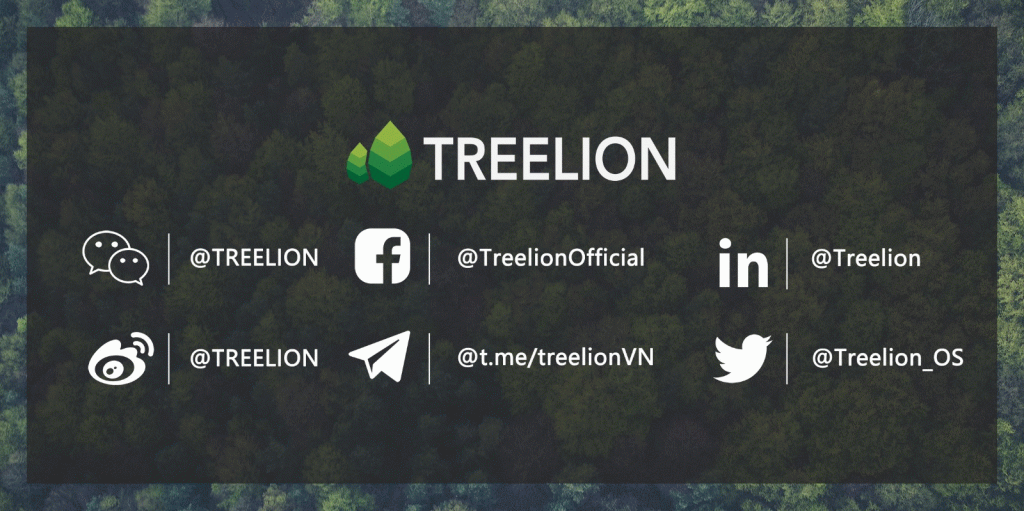

Mr. Plato K. T Yip, CEO of Treelion, was interviewed by the National Business Daily recently. He introduced blockchain technology could provide financial attributes to green assets, offer digital standardization opportunity, and enable more people to participate in building a wider green economy.
(The following content is an extract from the interview with the National Business Daily)
Original Title: Interview|Mr. Plato K. T Yip, Vice Chairman of Elion International Investment: Blockchain technology helps green ecological assets realize value circulation
Author: Li Yuwen | Editor: Sun Jiaxia
The concept of green and low-carbon lifestyle has been deeply rooted into people’s heart. Have you ever imagined that every contribution you make to environmental protection can be converted into your own assets and traded? With the help of blockchain technology, this becomes achievable.
“Everyone can participate into green financial ecosystem through blockchain” said Mr. Plato K. T. Yip, Vice Chairman of Elion International Investment and CEO of Treelion Foundation at the 2021 CRO Global Responsibility Summit. Mr. Yip was interviewed by National Business Daily and mentioned that the current stock of green assets is large, but the liquidity is very low. In his view, it is important to lower the entry barriers of social capital and allow more individuals to help develop green economy.. This means that institutions and individuals who are interested in environmental protection and social responsibility can now participate in this new market. The key is how to provide a convenient way for interested groups to participate.
Blockchain technology provides ecological assets financial attributes
In recent years, green and low-carbon has become a buzzword in sustainable development. In Mr. Yip’s view, current green economy industry faces some pain points. For example, social capital investment is relatively small, green assets have low liquidity, complex systems and different standards. “Take carbon credit trading as an example. There is no uniform standard. Although the differences in various countries are not big, it leads to the fact that individuals cannot participate conveniently in a simple system.” In addition, the current green economy industry also lacks a sustainable business model.
“Data shows that China needs to invest at least US$320 billion to US$640 billion each year to address environmental and climate change issues, and government public investment alone cannot meet this funding demand. At present, only 10% of the required funds is invested from public sector. In fact, 90% of the investment is lacking from the private sector.
Blockchain technology is like a catalyst of green economy and it will create a new sustainable digital business pathway.
Mr. Yip opined that blockchain has unique advantages in realizing the true value of green assets. The characteristics of blockchain’s distributed storage, point-to-point transmission, consensus mechanism, encryption algorithm, etc., all contribute to the establishment of a trust mechanism. Green assets cannot be tampered after they have passed third-party authentication and registered on blockchain. Digitization and standardization can help enhance the liquidity of green assets as well.
On the other hand, digitized green assets can be circulated globally through on-chain transactions without geographical restrictions. With the help of blockchain technology, investment institutions and even individuals around the world can participate in a much more transparent and efficient manner.
Nowadays, the development and application of blockchain technology has been promoted widely in China.
He took one of the Treelion’s projects, Green Passport as an example. On an individual level, various actions such as walking, use electronic payment, and volunteering in forest protection etc can be recorded and linked to the chain through an electronic certificate, and points can be accumulated without tampering. In future, the conversion of points can be traded through a specific reward mechanism. Treelion hopes to encourage more groups and individuals to take up initiatives to go for a green lifestyle. “A more distributed and efficient grading and trading system can be achieved by blockchain technology,” Mr. Yip added.
In Mr. Yip’s view, the blockchain technology is mature, but business models still need to be optimized. However, regulation and policies should be updated as well to match the new opportunities brought by blockchain technology.
(Click to view the original content of the National Business Daily interview)




